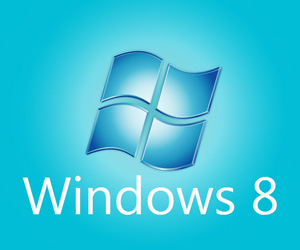
According to Microsoft news-and-rumors site WinRumors, Microsoft has begun seeding selected manufacturers with early builds of Windows 8 so they can get ready for the operating systems’ general release, currently expected for sometime in 2012. According to the report, Microsoft is seeding a “milestone 3” build to Hewlett-Packard and other vendors
Microsoft has had relatively little to say in public about Windows 8: after all, the company is still riding high on the retail success of Windows 7. At the beginning of the year, the company said it had sold more than 300 million copies of the operating system, although that figure was a little below estimates as sales of tablets and smartphones ate into netbook sales, a product category Microsoft’s CFO characterizes as “past their prime.”
Last year, Microsoft’s Dutch Web site made a fleeting reference to a 2012 timeframe for Windows 8; past that, the only real indication of a Windows 8 release date is that Microsoft’s server team was gearing up for a major release in 2012. Releases of Windows Server typically follow shortly on the heels of major desktop operating system releases. Other information has been limited to industry speculation, a purported series of leaked screenshots, and rumors that Microsoft and OEM manufacturers are working on Windows 8 tablets, possibly for a 2012 release.
To date, the only real information about Windows 8 is that Microsoft plans to support ARM CPUs in addition to Intel-based processors, a move that bolsters the notion that Microsoft is targeting portable devices like tablets and “slates” as well as traditional desktop and notebook computers.


